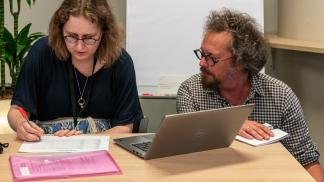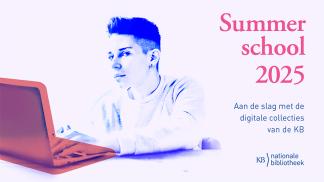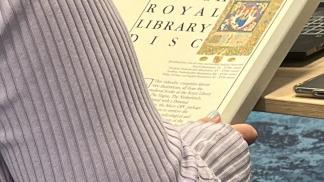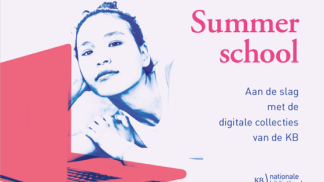Introductie
In June 2024 and July 2025, the KB hosted a Dutch Summerschool on Digital Collections, organized in collaboration with the Huizinga Institute. The Summerschool aimed to familiarize participants with the KB's vast amount of digital publications, from digitized historical newspaper pages to archived websites, and the intricate processes involved in managing them, which blend theoretical insights with practical skills.
Inhoudsblokken
Body
At the moment the Summerschool is finished and there is no upcoming call yet. Subscribe to the KB Lab newsletter for future announcements!
Previous Summerschools:
Summerschool 2025
Content reference




